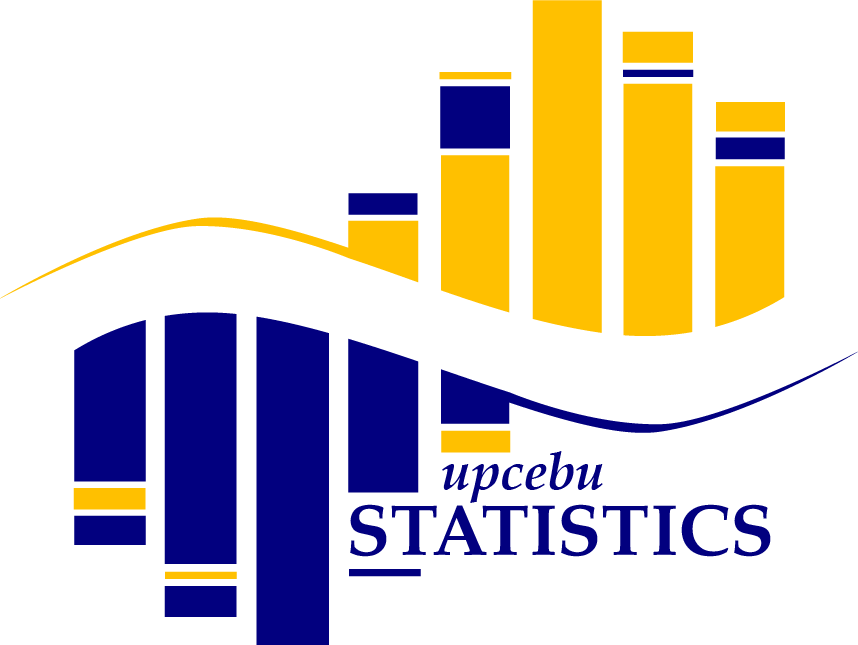
STATIStics
Program
Vision
The UP Cebu Statistics Program envisions becoming a leading hub for statistical education, research, and innovation in the Central Visayas region and the Philippines. By harnessing the power of data, we aim to equip future statisticians with the skills and ethical values necessary to address the pressing challenges facing local communities, industries, and public policy. Our graduates will be leaders who contribute to evidence-based decision-making, sustainable development, and societal progress across the region and beyond.
Mission
The mission of the UP Cebu Statistics Program is to provide high-quality, regionally relevant education that prepares students to become proficient statisticians capable of making meaningful contributions to the development of the Philippines, especially in the Central Visayas region. Through a curriculum that emphasizes statistical theory, practical applications, and data-driven
problem-solving, we aim to empower students to tackle the unique challenges faced by local industries, government, and communities. Our program fosters critical thinking, ethical responsibility, and interdisciplinary collaboration, while encouraging students to use data for the betterment of society. We are dedicated to conducting research that not only advances the field of statistics but also addresses the socio-economic, environmental, and public health issues most pertinent to the region and the country.
Core Values
S – Scientific Integrity
We uphold the highest standards of scientific integrity in all statistical practices, ensuring that our research, data collection, and analysis are accurate, transparent, and reproducible. Our commitment to honesty and ethical conduct guides our students and faculty in producing reliable and trustworthy statistical work.
T – Thoroughness and Precision
We value meticulous attention to detail and the pursuit of precision in statistical analysis. By emphasizing rigorous methods and careful data interpretation, we ensure that our graduates are equipped with the skills to generate meaningful insights and sound conclusions in any field of application.
A – Applied Problem-Solving
We believe in the practical application of statistical knowledge to solve real-world problems. Our program emphasizes the importance of using statistical tools to address complex challenges in various sectors such as healthcare, business, environment, and governance, fostering a deep connection between theory and practice.
T – Teamwork and Collaboration
Statistics is a collaborative discipline, and we encourage a spirit of teamwork among students, faculty, and the wider community. By working together across disciplines, we enrich the learning experience and increase the impact of our statistical solutions. We promote partnerships with other fields, such as engineering, economics, and social sciences, to create interdisciplinary approaches to solving problems.
S – Social Responsibility
As statisticians, we understand that data has the power to influence society. We are committed to using our statistical expertise for the greater good, ensuring that our analyses contribute to informed decision-making, social equity, and sustainable development. Our program encourages students to be mindful of the ethical implications of their work and to engage in projects that benefit the community and society as a whole.
BS Statistics
The Bachelor of Science in Statistics (BS STAT) program is designed to respond to the growing demand of the industry, government, academe, and research institutes for leaders (who are skilled and knowledgeable in data analysis), data scientists, analysts, academicians, and researchers.
The BS STAT is a four-year degree program with a total of 140-141 academic units in its curriculum which includes foundation courses such as Mathematics, Statistics, and Computer Science, providing a strong foundation for students who would like to pursue graduate studies in statistics, data science or other related fields. Electives shall be offered for students to choose an area or discipline that they want to specialize in, encouraging the students to engage in an interdisciplinary environment of Statistics.
